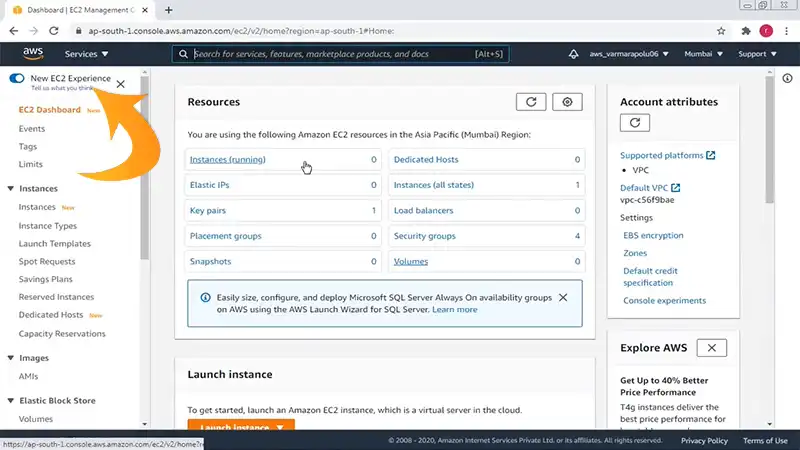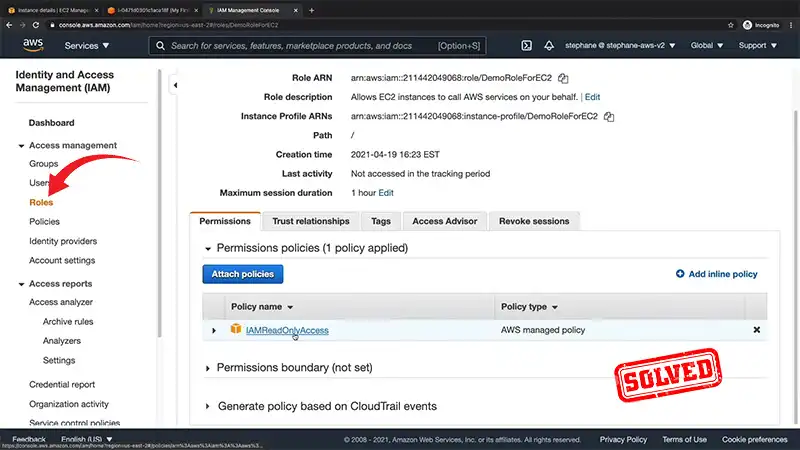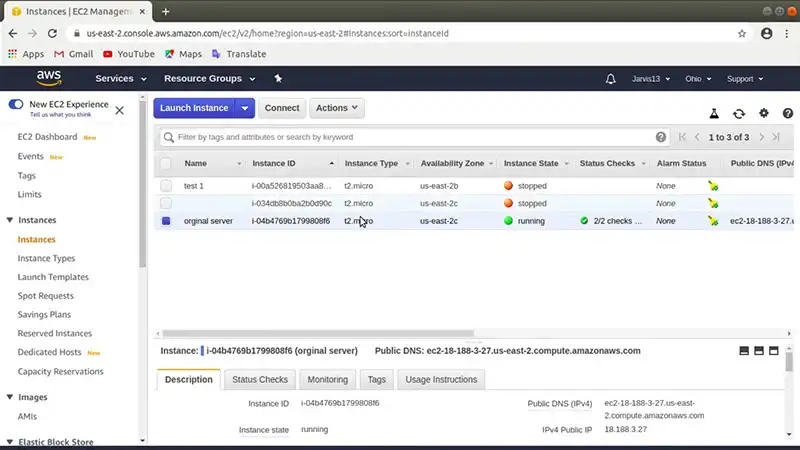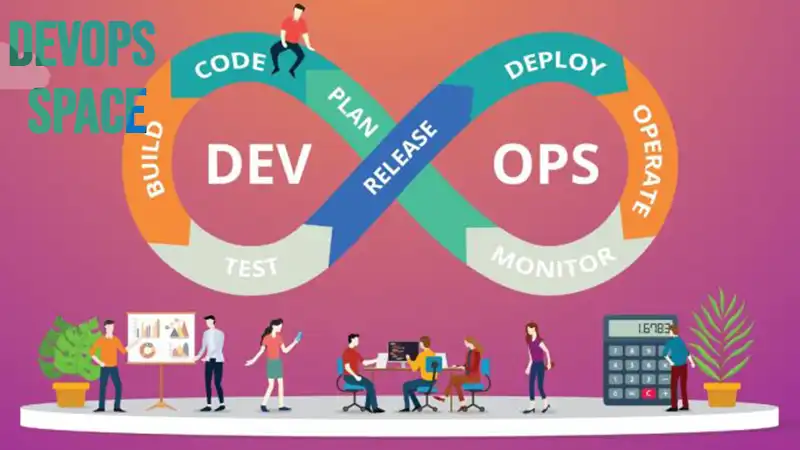The Four Letter Word Dividing Dev and Ops
In the dynamic realm of software development and operations, where collaboration and alignment are paramount, there exists a four-letter word that has the potential to evoke both trepidation and tension.
Risk, often viewed as a double-edged sword, is a fundamental concept that drives decision-making, shapes strategies, and delineates the boundaries between development (Dev) and operations (Ops) teams.
The delicate balance between innovation and stability hinges on how this word is perceived, managed, and mitigated within an organization.

What’s That Word? RISK
Operations teams are tasked with stability and uptime. That means working against change, limiting or slowing it down where possible.
Developers are tasked with features and delivering business solutions. For that, an ORM layer seems appealing for example. It speeds up & simplifies coding. At the same time, it eliminates database drudgery.
For ops who are tasked with uptime, an ORM is a force against scalability. I’ve outlined five things toxic to scalability. They work against performance.
Consider The Banking Crisis
Bankers are tasked with making money for their shareholders. To do this they innovate with financial products. Though you may argue they are unscrupulous at times, capitalism and shareholder value drive them to find profit.
Meanwhile, the government’s job is to provide a level playing field. They enact rules, regulate and provide oversight and auditing. As with operations, this is a conservative role, that avoids risk and seeks stability, growth, and avoidance of recessions and depressions.
These tradeoffs exist in many disciplines. The trick is how we find the balance.
There is an equally interesting question of decoupling in internet architectures. I’ll write a future piece on similar parallels I see in the economy at large.
Conclusion
In the intricate dance between Dev and Ops, the four-letter word—RISK—need not be a divisive force. We hope, you have, found this guide helpful. For any confusion, don’t hesitate to ask in our comment section below. Thanks for reading!









